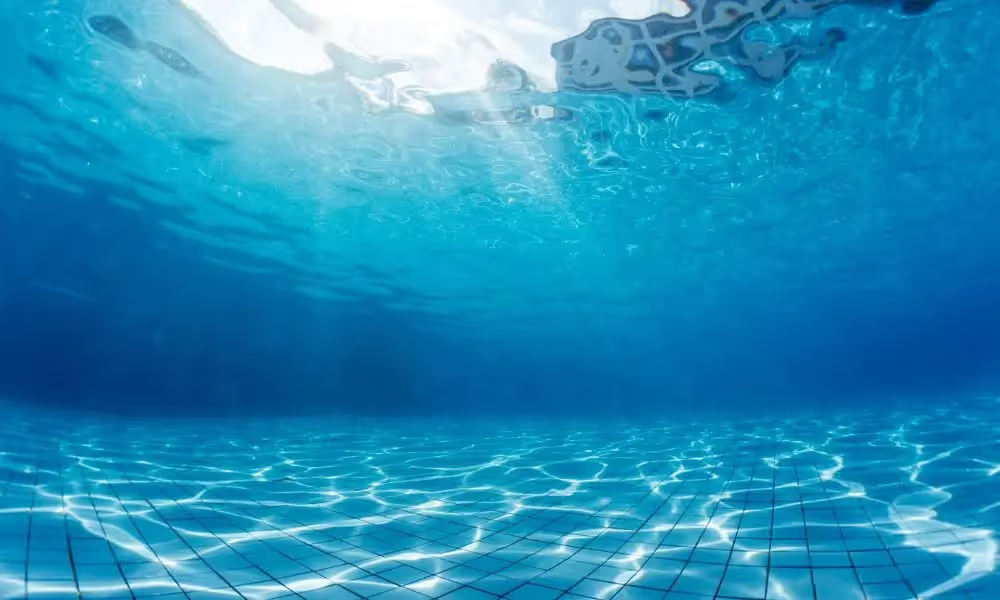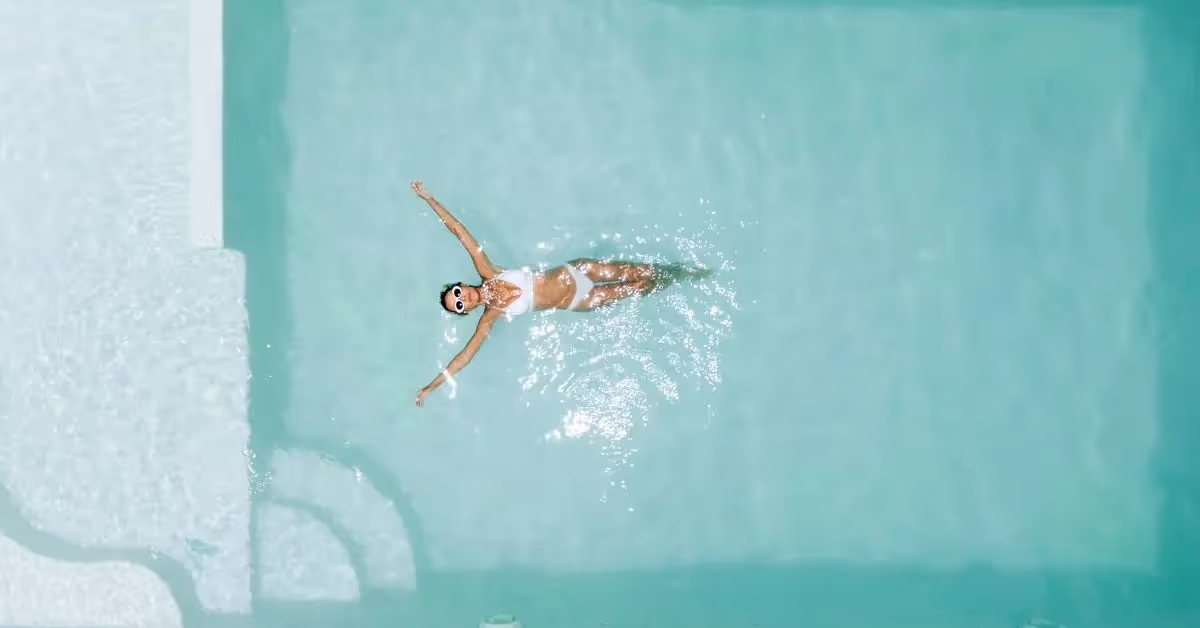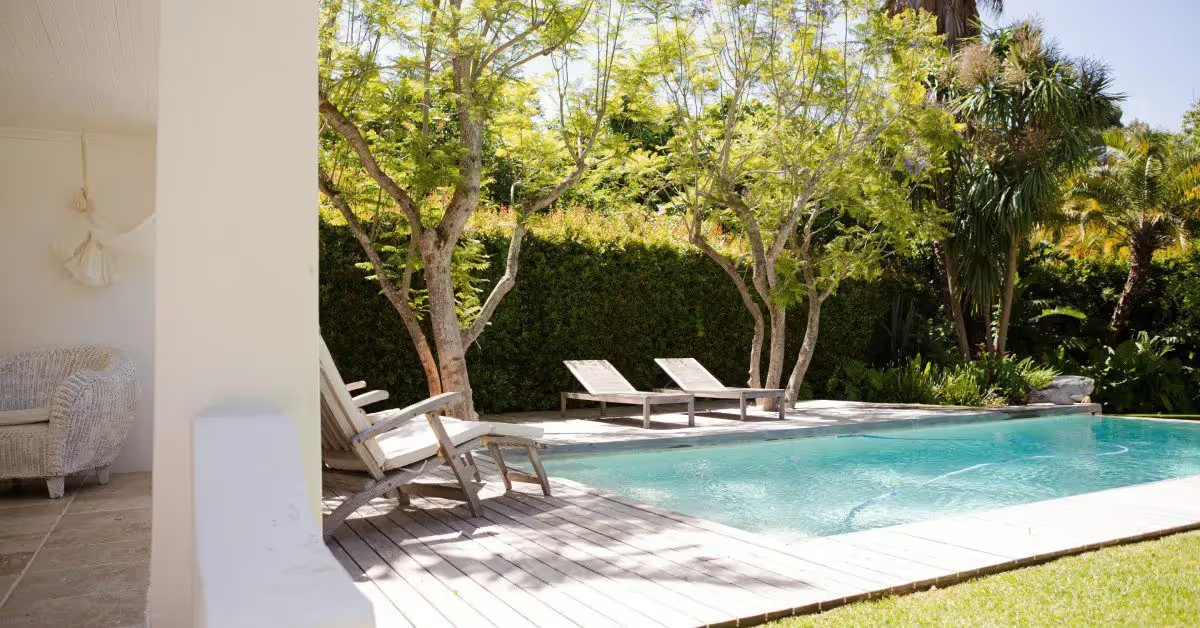Saltwater vs. Chlorine Pools: Which One Is Best for You?

Choosing between a saltwater and chlorine pool can be challenging, especially when you’re looking to enjoy a cool dip in the comfort of your own property. Both types of pools offer a refreshing escape from the arid climate, but they have different expectations. Read this quick guide to saltwater and chlorine pools to determine which one is best for you.
Overview of Saltwater and Chlorine Pools
Both chlorine and saltwater pools contain chlorine, which keeps the water clean and safe for swimmers. However, saltwater pools generate chlorine through electrolysis in a saltwater generator. This process results in lower levels of chlorine and a softer feel to the water, which some swimmers prefer.
Maintenance and Operating Costs
Saltwater pool systems can be more expensive to set up, but they may lead to savings in the long run due to lower operating costs and less chemical purchasing. However, they require more expensive replacement parts and meticulous balance to prevent corrosion due to the salt.
Chlorine pools, on the other hand, come with regular expenses for chlorine and other chemicals necessary to maintain proper pH levels. However, the components and initial setup may be less expensive.
Health and Environmental Effects
Health-wise, swimmers might find saltwater pools less harsh on their eyes and skin due to the lower chlorine concentration. However, an imbalance in a saltwater pool can still lead to issues. For instance, excessive salt levels can corrode metal fixtures and equipment, leading to costly repairs and potentially harmful conditions for swimmers.
Environmentally, saltwater pools have a slight edge due to the absence of chemicals often present in traditional chlorine pools. Thus, they’re eco-friendlier as long as pool-owners properly manage them to avoid salt corrosion and buildup.
Comfort and Water Quality
Saltwater pools are popular for their silky-smooth water, which offers a more comfortable swimming experience for most people. Many swimmers describe them as gentler and less drying to the skin and hair. Conversely, chlorine pools may emit that iconic pool smell and could lead to discomfort for swimmers with sensitive skin or eyes. Managing water quality requires regular care and attention to chemical levels.
Suitability for Utah’s Climate
Both saltwater and chlorine pools can be suitable options in Utah’s climate. However, due to the dry air, saltwater pools may have an advantage, as there’s less chemical evaporation. It’s always a good idea to consult with experienced swimming pool contractors in Utah to receive personalized advice based on your specific location.
Ultimately, determining whether a saltwater or chlorine pool is best for you depends on your preferences and priorities. Do you want a lower-maintenance option, or are initial costs a bigger concern? Do you have sensitive skin that may need softer water? Consider the long-term implications of each choice, and consult the pool experts at Odyssey Pools for help.
Transform Your Backyard Today
Contact Odyssey Pools now to create the luxurious pool of your dreams. Let's get started!




